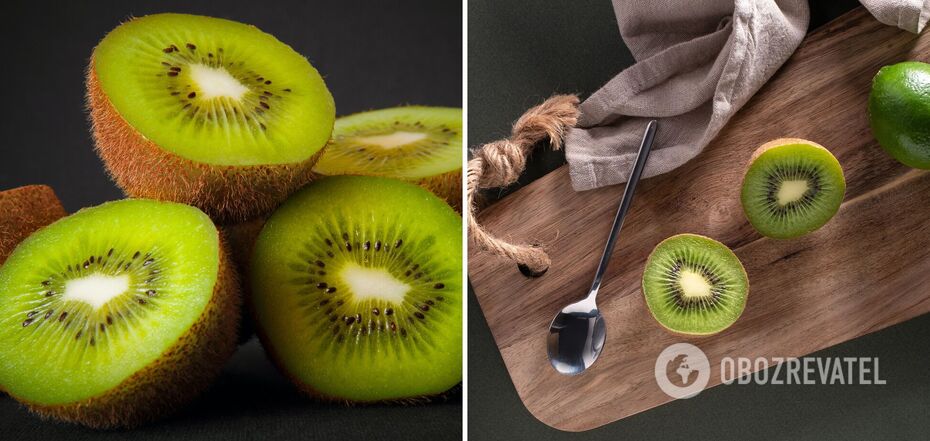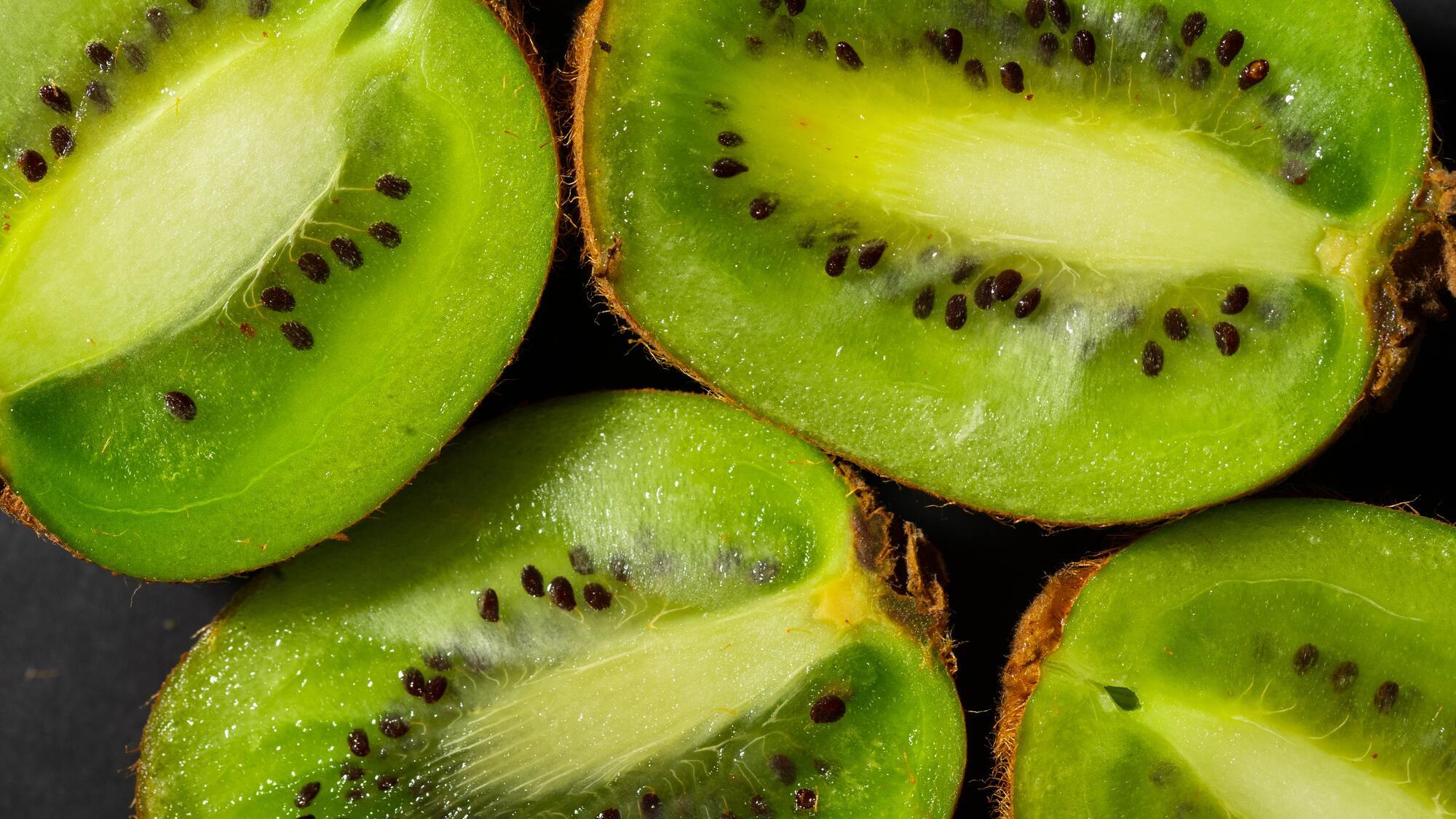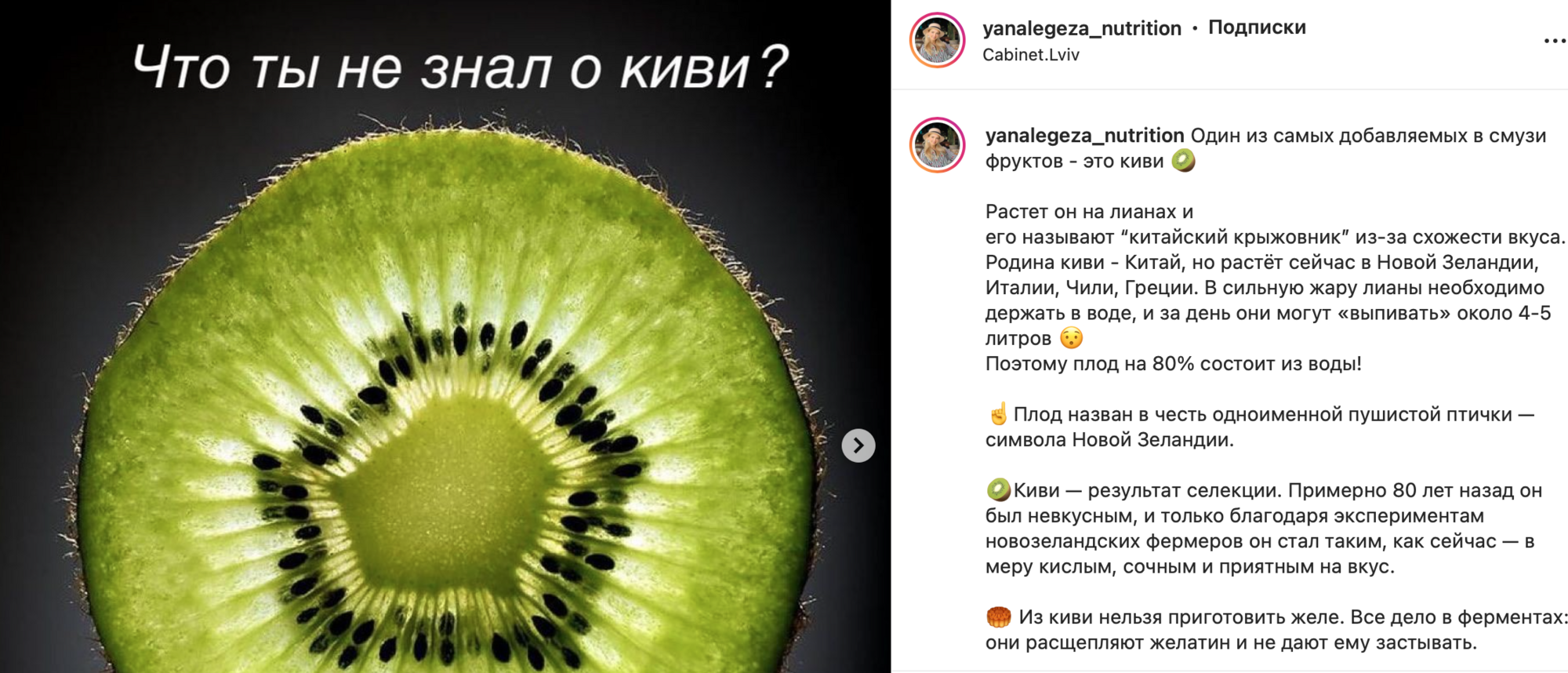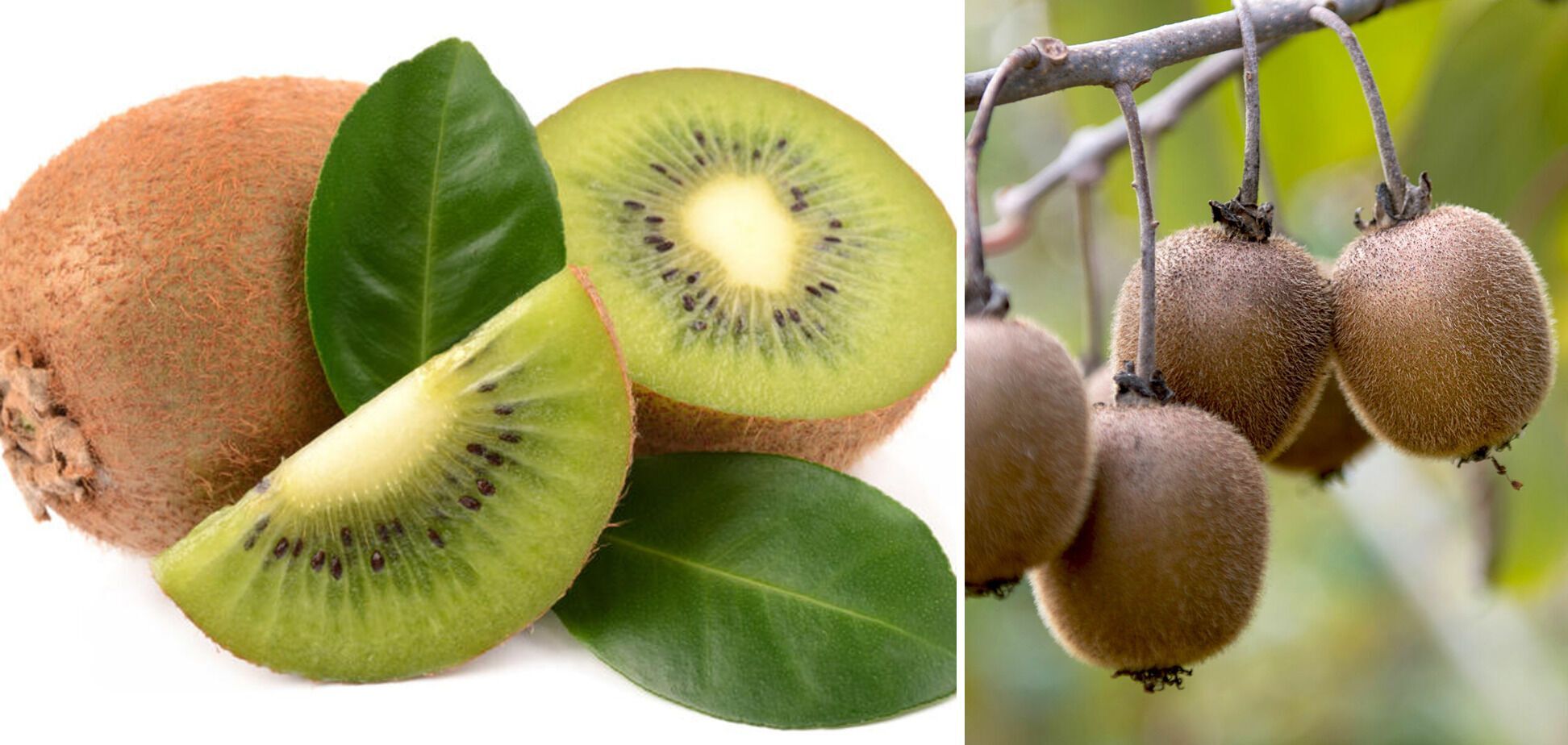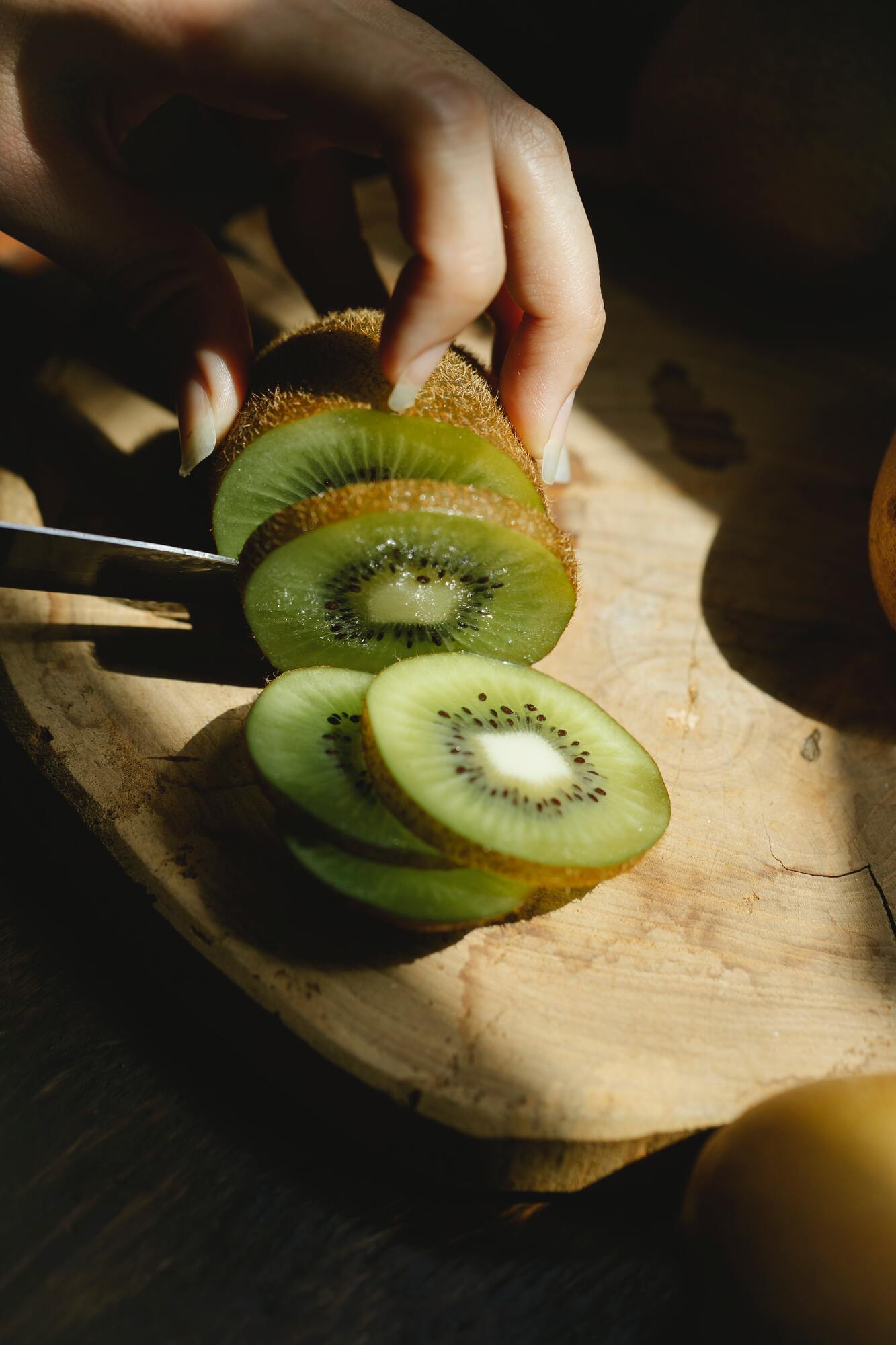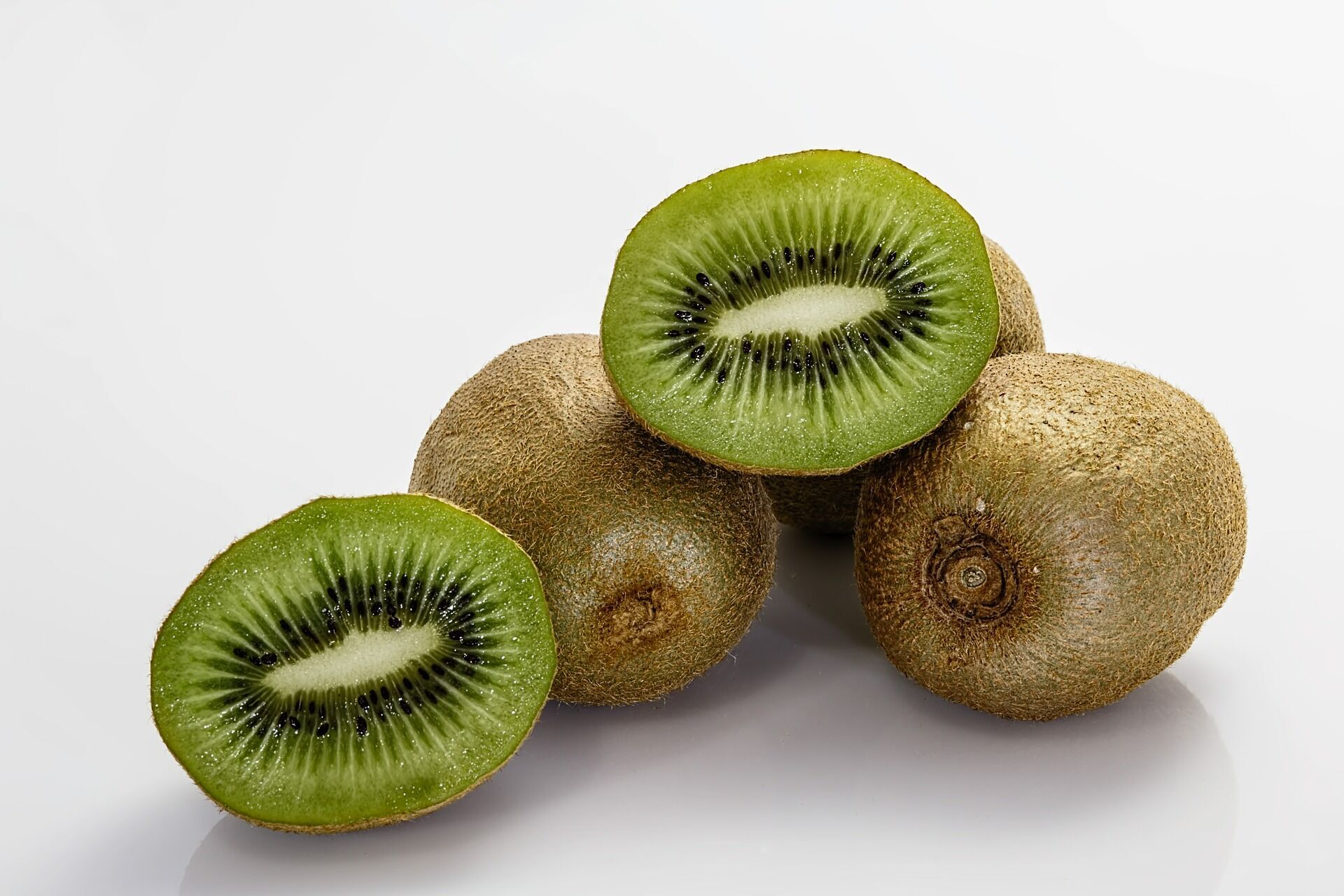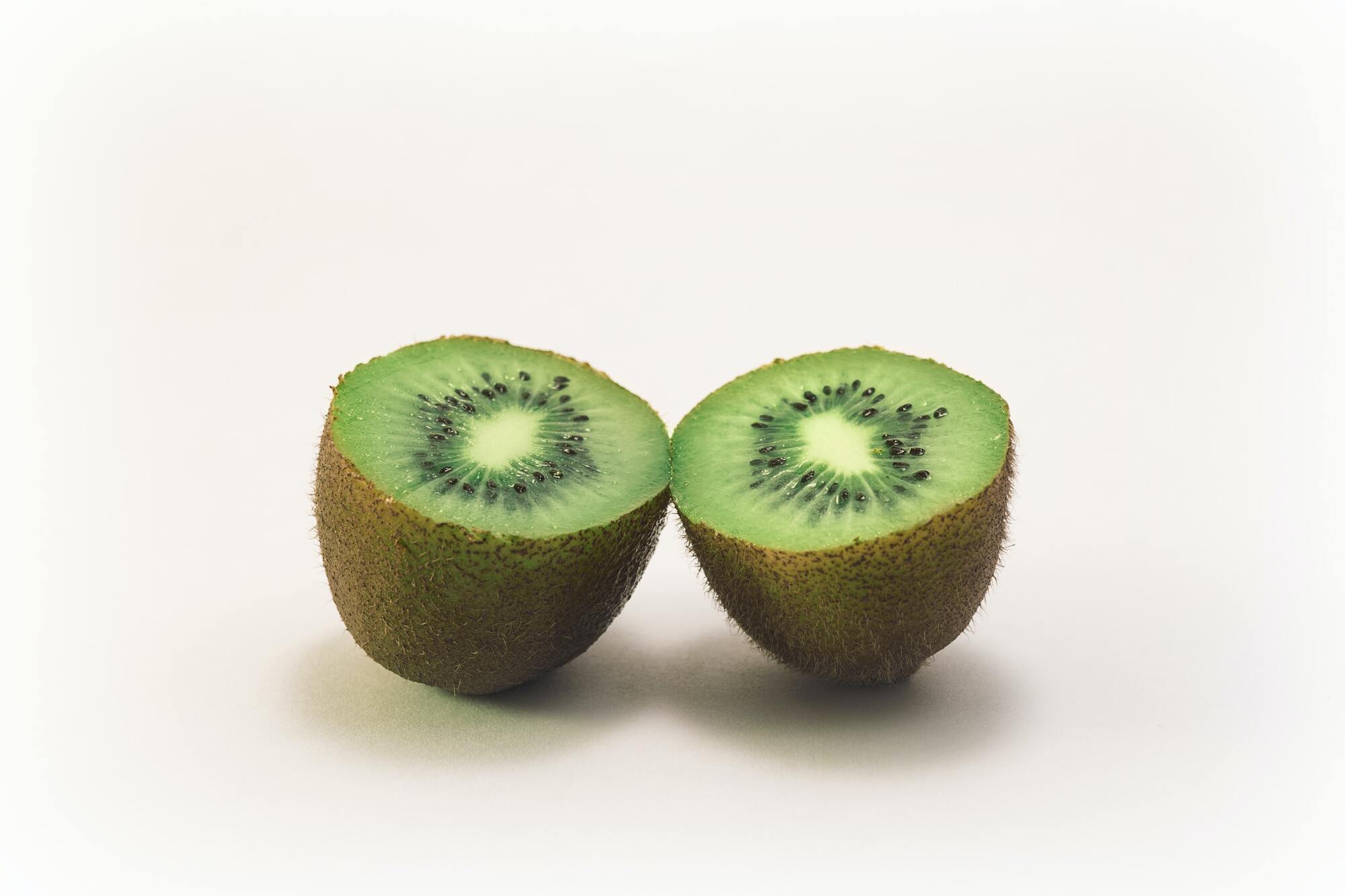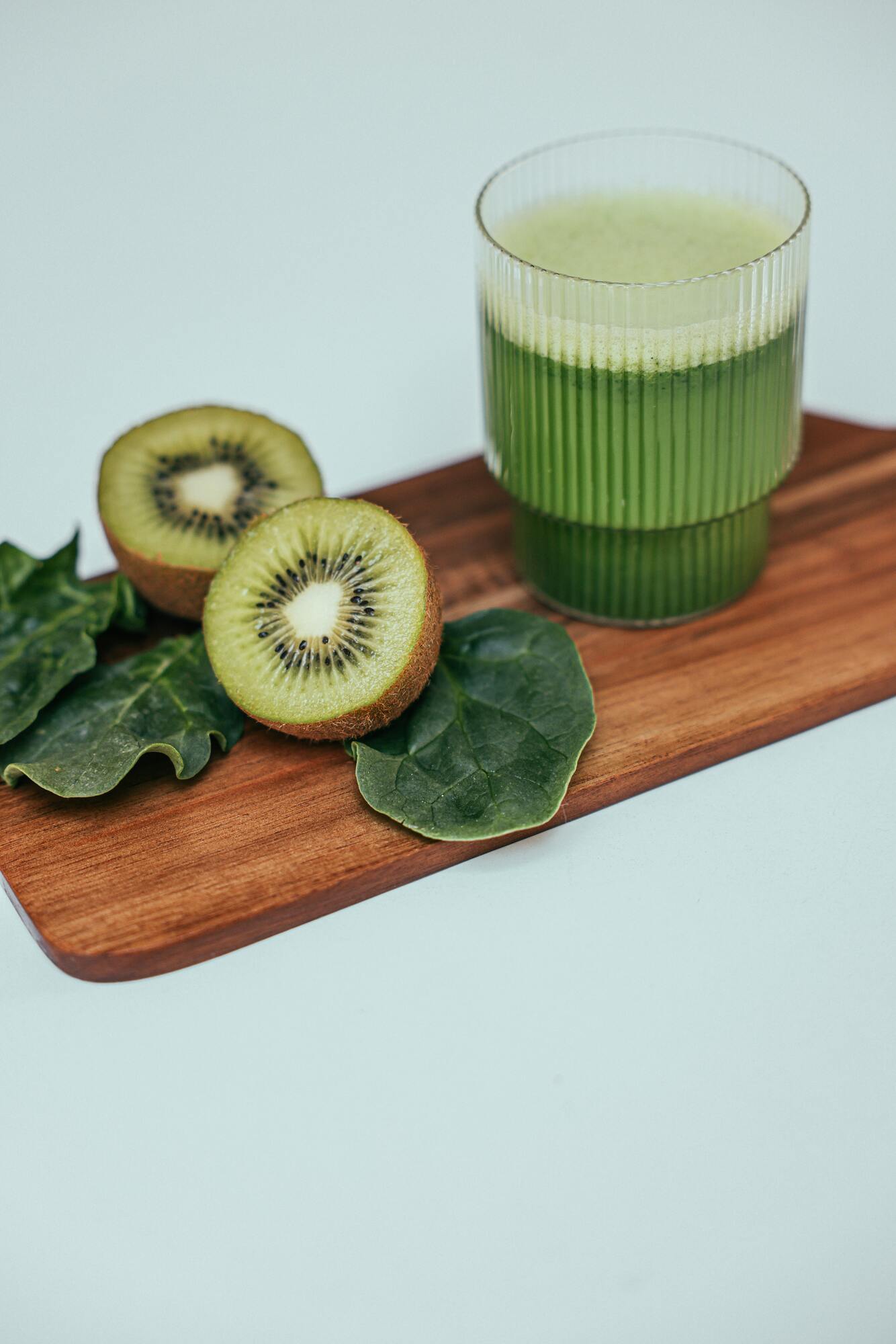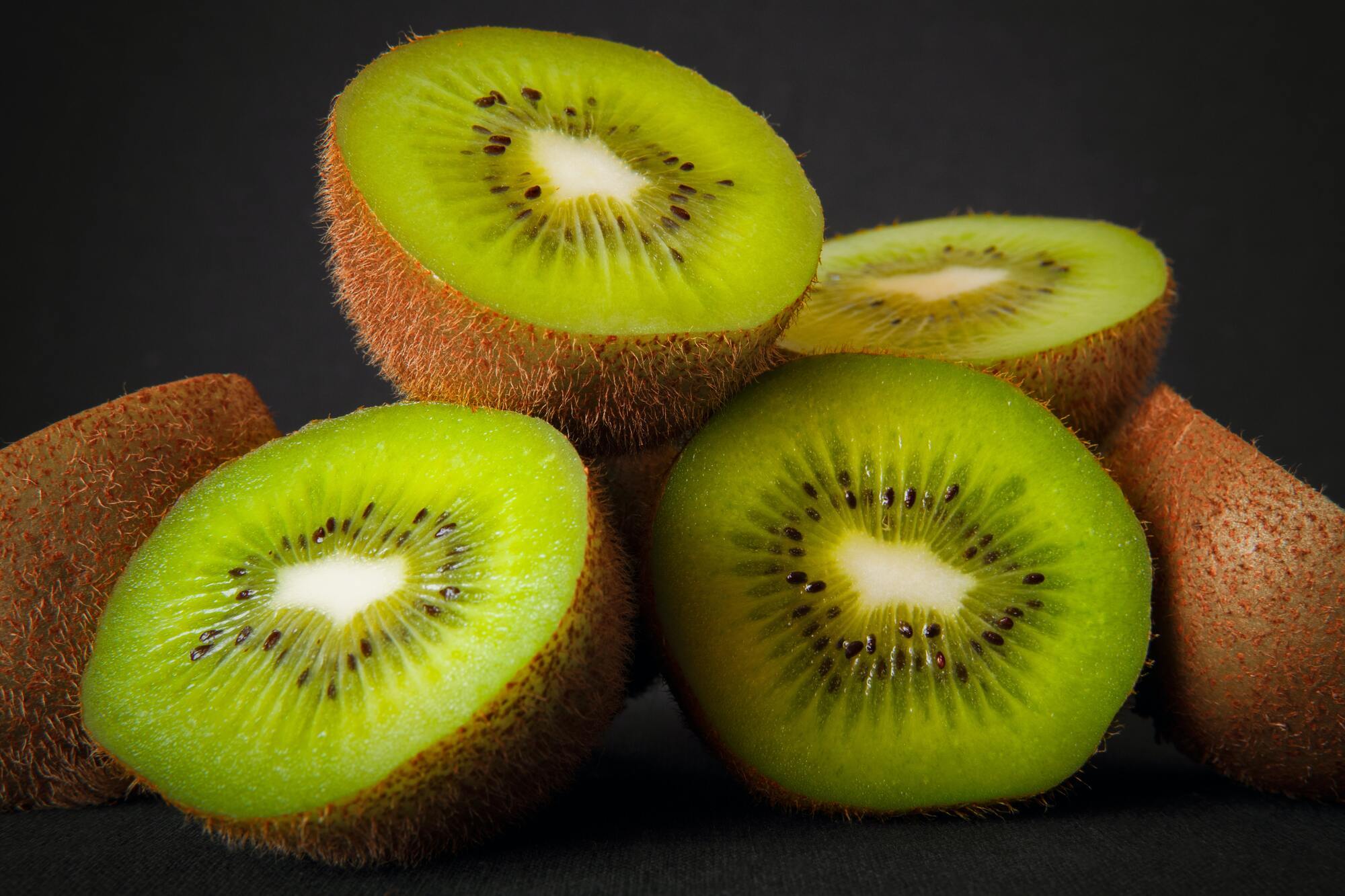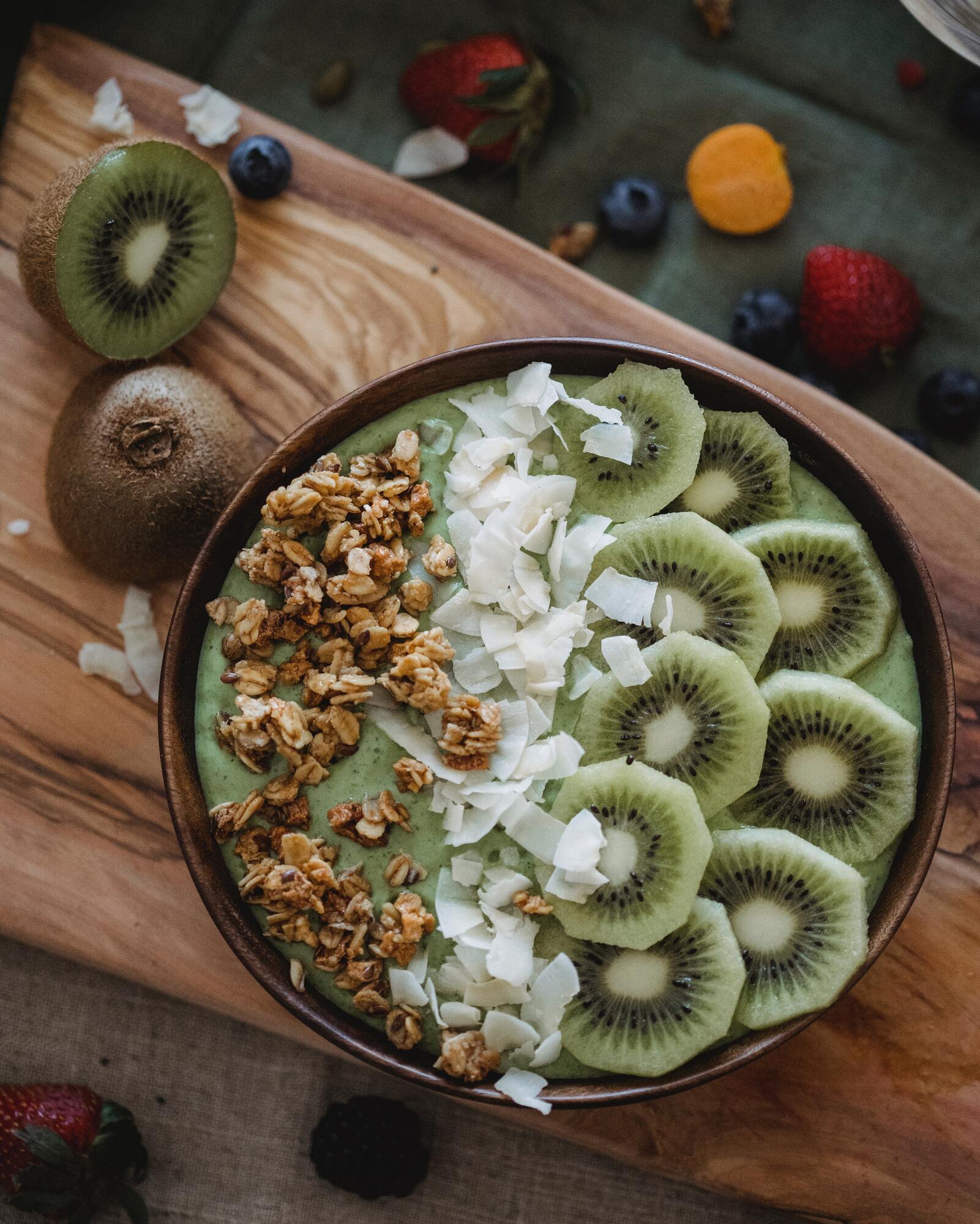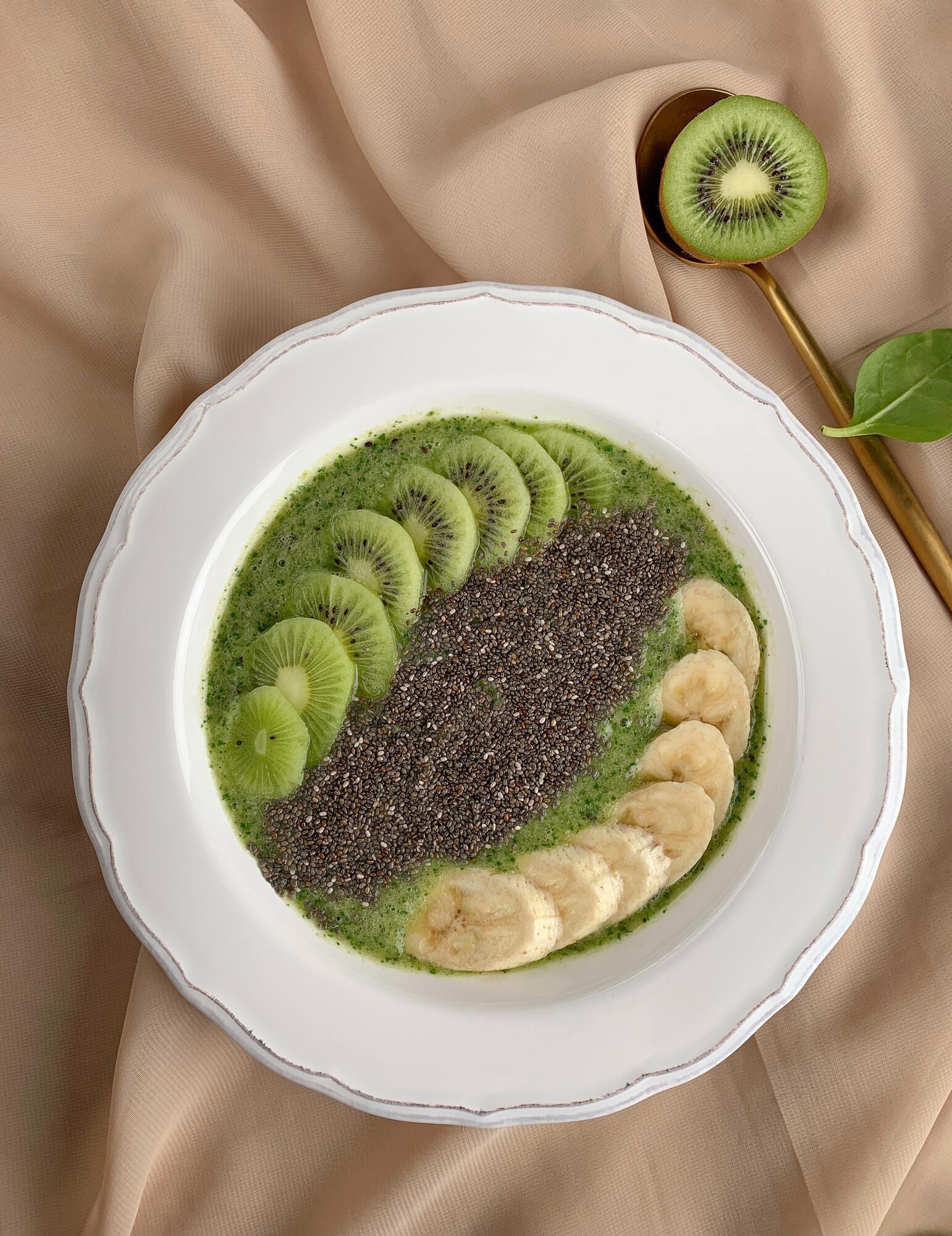LS Food
What are the benefits of kiwi and what you should never cook with it: expert tips
Kiwi is one of the most delicious, healthy, and budget-friendly fruits. It's worth noting that it contains the most vitamin C, as well as nicotinic acid, vitamins A, E, PP, B, potassium, calcium, iron, and magnesium. But you should eat this fruit very carefully because it can often cause allergies.
Nutritionist Yana Leheza spoke about the benefits of kiwi, as well as who shouldn't eat it and why, on Instagram.
First, it is worth noting what are the benefits of kiwi and how many calories are in 1 fruit
Calories: 42,1
- carbohydrates: 10.1 g, including 6.2 g of sugar
- calcium: 23.5 mg
- fiber: 1 g
- phosphorus: 23.5 mg
- magnesium: 11.7 mg
- vitamin C: 64 mg
- vitamin E: 1.0 mg
- vitamin K: 27.8 mcg
- potassium: 215 mg
"Kiwi contains vitamin C, folic acid, iron, fiber and many other useful elements," the expert noted.
The expert also added that kiwi is good for eyesight.
This is due to the high levels of zeaxanthin and lutein
Can you eat kiwi peel?
"The kiwi peel contains a high concentration of nutrients, especially fiber, folic acid and vitamin E," the expert explained.
What dishes can kiwi be added to and how is it best eaten?
"Due to its pronounced tartness, kiwi gives a bright flavor to everything it is combined with. However, to preserve its unique flavor and beneficial vitamin C content, kiwi is best eaten raw," the expert said.
What not to cook with kiwi
"You can't make jelly from it. It's all about the enzymes: they break down gelatin and prevent it from solidifying," the nutritionist summarized.


